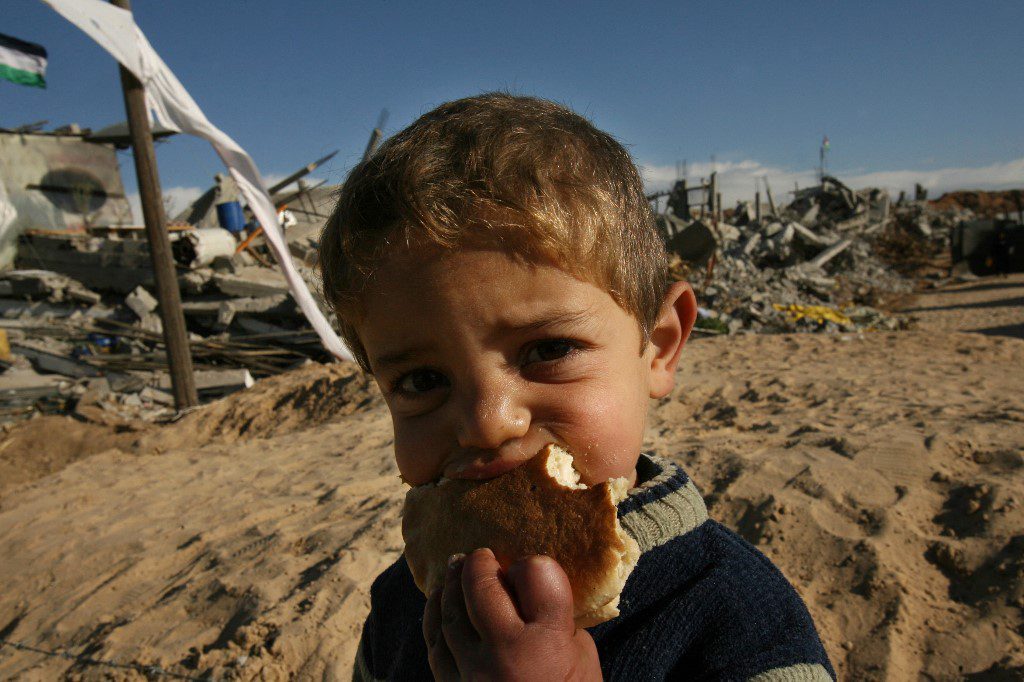
Majed Kayali
The conditions of the Palestinians cause concern and raise fears wherever they are. Those concerns relate to Palestinians in Israel, the West Bank and the Gaza Strip, and the various and different countries of asylum.
There are many sources for these concerns. The first concern is the existence of Israel at the expense of the Palestinians. The second one is related to the state of discrimination, deprivation, and marginalization in the countries of asylum. And the third concern is the slackness in the Palestinian political entities, represented by the PLO, the Palestinian Authority, and the factions, with their national liberation project lost. That comes in line with the futility of negotiations, suspicions of corruption and conflicts over power.
However, Palestinians are not just political beings, a security issue, or a demographic surplus situation, as some might see. They are ordinary people who need what others need. The Palestinians suffer from what the societies in which they live suffer. In addition, they have an excess of other sufferings due to their circumstances.
Like others, Palestinians suffer from high poverty rates, unemployment, scarcity of job opportunities, poor housing conditions, marginalization, and inequality. Nevertheless, Palestinians suffer, on top of that, from Israel’s racist, occupational and oppressive measures (internally). In many asylum countries, they suffer from discrimination, marginalization and exclusion procedures at all levels.
They do not have any political entity, and their legal standing, wherever they are, is fragile. The national identity of Palestinians is subject to marginalization, dismantling, or erasure. Such details and needs are not redundant luxurious for a human group estimated at ten million. Such a situation has been prevailing for more than six decades.
The dilemma of the Palestinians is that there is no specific entity concerned with solving their problems or negative social phenomena. The countries in which they live do not find themselves responsible for solving their problems or easing their conditions. In turn, the Palestinian Authority does not have a legal status that allows it to do so, especially with the marginalization of the PLO. Interestingly, Palestinian leaders are indifferent to these problems, given their preoccupation with consolidating their position as an authority and being absorbed in negotiations and factional disputes.
Such a thing applies, for example, to the issue of travel documents carried by Palestinian refugees, as the countries that issue these documents do not find themselves interested in enhancing the status of this document in countries that do not recognize it properly. Meanwhile, the Palestinian leaders do not care about this matter. The irony is that this happens in the Arab countries in particular, while the issue in foreign countries seems easier. In addition, there are large groups of Palestinians in Jordan, Syria, and Lebanon that do not carry any travel documents. Therefore, they do not currently fall within the “stateless” category! They live as if they do not exist. They lack the primary rights of living as human beings. In many cases, some cannot enroll their children in schools, marry, travel, property procedures, or even work! In a situation like this, what do you expect them to do?
Dealing with this phenomenon is possible. It only needs a broad horizon and some humane measures for the concerned countries to grant them a travel document. Moreover, it also needs Palestinian leaders to have some national and moral responsibility in dealing with the problems of their people, so what prevents the authority from granting members of these groups Palestinian travel documents?
What is worse is that this problem now includes the Palestinians in the West Bank and the Gaza Strip. They suffer from the conflict between the authorities of the West Bank and Gaza. Hamas and Fatah exploit the issue of granting passports and permitting exit and entry in their disputes as if the Palestinians do not have enough other sufferings. They have the siege of Israel and its walls and barriers. They suffer from restrictions on their movement and their entry and exit to this or that Arab country!
Moreover, there are other gloomy and dangerous phenomena in Palestinian society. The list includes the spread of chaos, violence, extremism, and degradation of the status of women. In the past few months, the occupied territories have witnessed many incidents that shook public opinion and came as a wake-up call.
Occupation, violence, deprivation, marginalization, and loss lead to dangerous phenomena. The list includes the sabotage and dismantlement of society and the sabotage of the mental state of individuals. So, it is worth paying attention to it well because politics is not just an act that involves only meetings, festivals, conferences and negotiations. Instead, politics is the science of community management. It is all about investment in the human resources of society. Whoever cannot succeed in these two issues or cannot put a basis does not establish a solid foundation for success will face failures in other areas. Such a thing applies to national liberation movements, as it applies to countries.
DISCLAIMER
The opinions expressed in this publication are those of our bloggers. They do not purport to reflect the opinions or views of Fanack or its Board of Editors.


